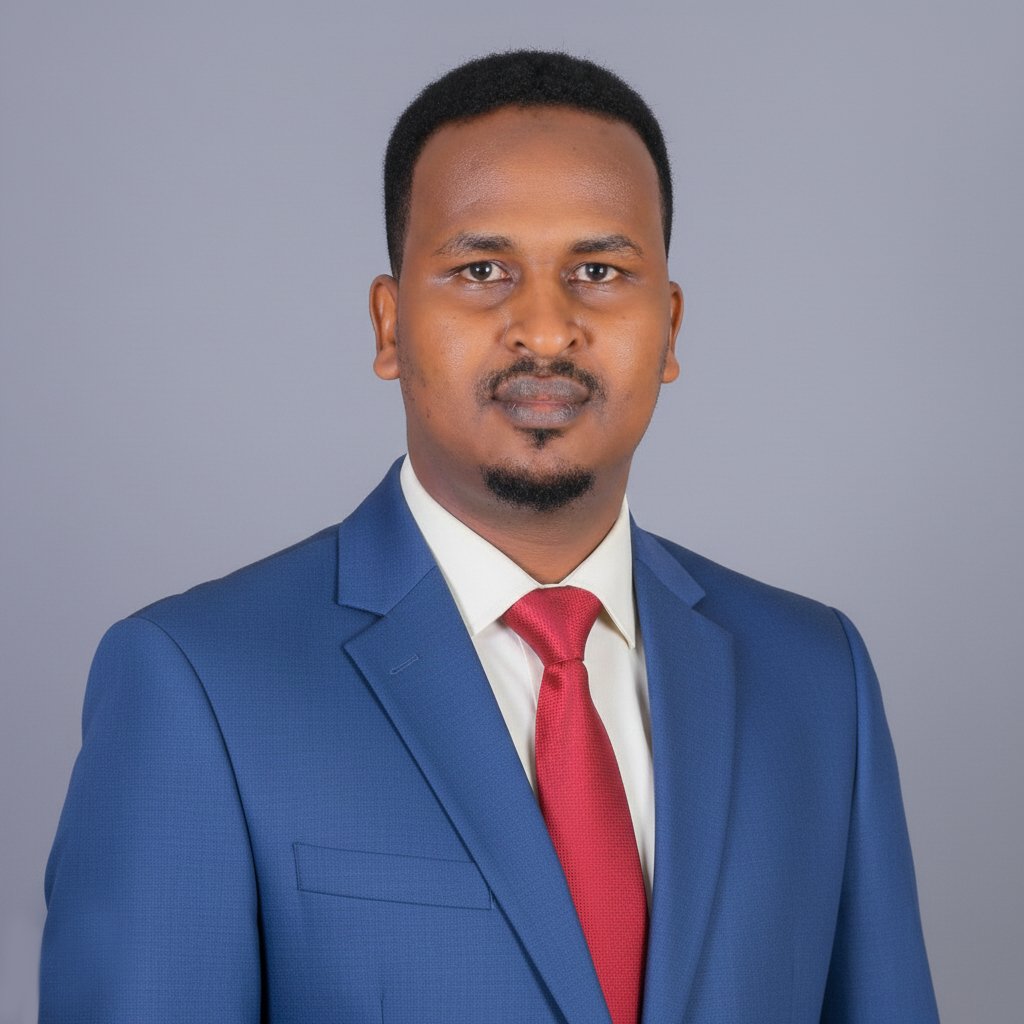Climate Change Directorate
The Climate Change Directorate is responsible for strengthening the adaptive capacity of public and private sectors, as well as local communities, to the impacts of climate change across the Somali Regional State. The directorate supports green growth by addressing climate-related risks such as droughts, floods, and wildfires through improved governance, community engagement, and market-driven private sector participation.
To achieve these objectives, the directorate provides timely and accurate climate information to end users, particularly pastoralists and farmers, including short-term weather forecasting to support decision-making. It also promotes green technologies, undertakes research on climate change impacts and adaptation strategies, and aligns regional climate actions with national and Horn of Africa adaptation frameworks to reduce vulnerability and enhance long-term climate resilience.
In addition, the directorate strengthens institutional coordination and technical capacity among stakeholders to improve climate planning and implementation, supporting sustainable development pathways that protect ecosystems and livelihoods across the region.
Climate Change Projects and Initiatives
Showcasing major projects and initiatives supporting land restoration, sustainable resource management, and community resilience across the Somali Regional State.
These efforts contribute to environmental protection, climate resilience, and sustainable livelihoods for
Combating Spread of Prosopis Juliflora
A briquette refers to a compact block of combustible material used as a fuel source. Charcoal and biomass briquettes are commonly produced to provide efficient energy alternatives while reducing pressure on natural forests and minimizing environmental degradation.
ILM Project in Tulli & Gursum Woreda
Smallholder farming and pastoral livelihoods form the backbone of Ethiopia’s economy in several regions. This project supports integrated land management practices to restore degraded landscapes, improve agricultural productivity, and strengthen community resilience.
Climate Adaptation Project (Lowlands)
The climate change adaptation project in Ethiopia’s lowland ecosystems is supported under the GEF-LDCF framework. Its objective is to enhance climate resilience, promote sustainable livelihoods, and support green economic growth among vulnerable communities.
© 2026 SRS EPRLAB. All rights reserved. | Developed by Himilo ICT
